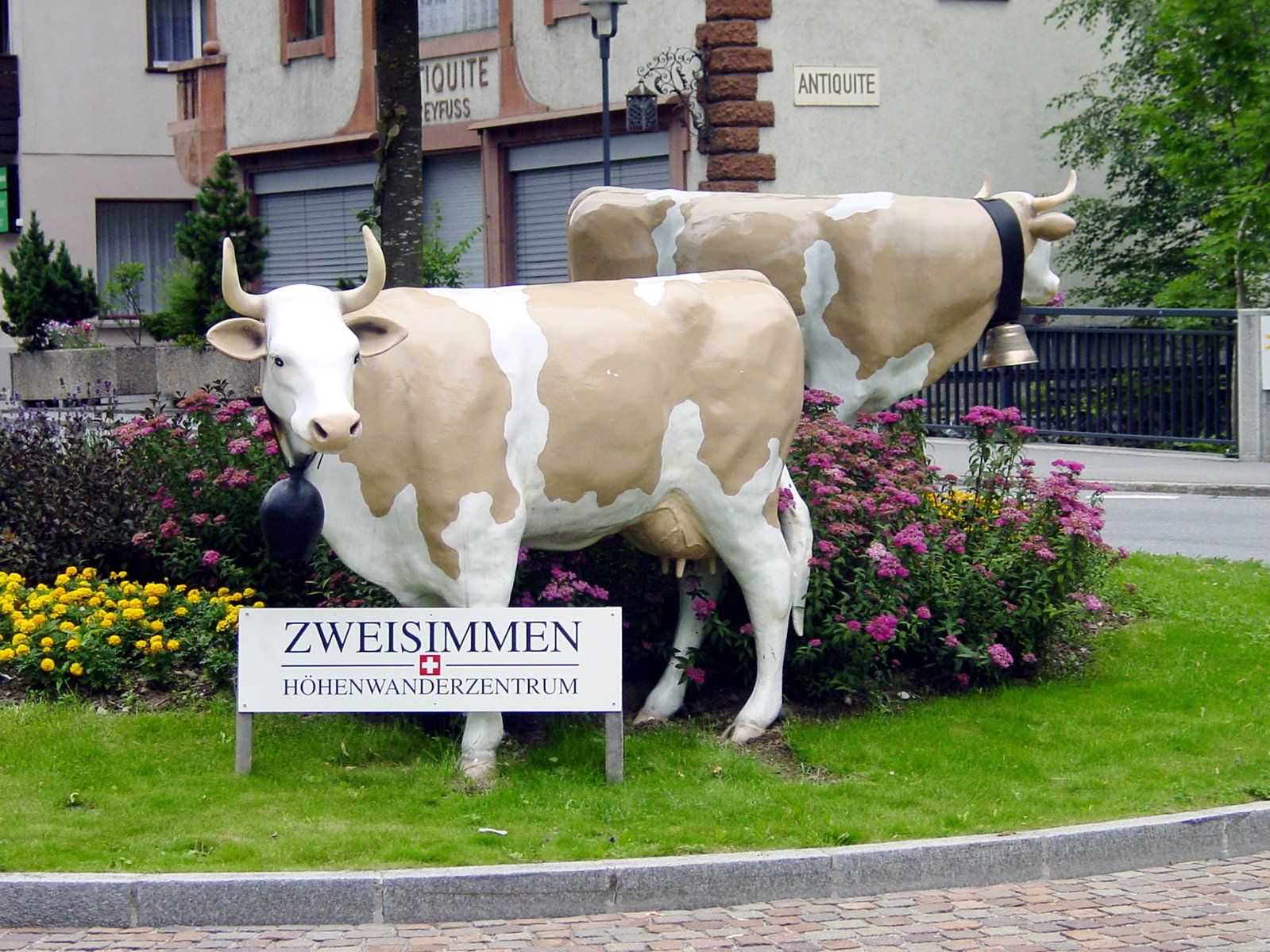

"Backlog" (or pendency) was never a huge issue. Not to stakeholders of the EPO (same for USPTO stakeholders). It's more of an issue somewhere like Brazil (and other B.R.I.C.S. nations), but that's different. They don't always wish to rush the process, e.g. with PPH, especially if speed may compromise the potency of said patents (or mere applications if declined). Litigation can be very expensive and earlier this week we shared a new example -- a case wherein frivolous litigation cost dearly (to the plaintiff, having to bear the defendant's costs, too).
"They don't always wish to rush the process, e.g. with PPH, especially if speed may compromise the potency of said patents (or mere applications if declined)."We're not against patents. We're not against patent litigation. We're against frivolous litigation, based on bogus patents that should never have been granted. Those are a huge disservice to the notion of justice.
Not too long ago Marks & Clerk's Jennifer Bailey and Stephen Blake published this article which says: "In recent months there has been a noticeable increase in the speed of examination at the EPO, with summons to oral proceedings being issued earlier in the procedure. Since applicants are having fewer opportunities to try out different arguments and amendments, it seems likely that this change in practice will lead to an increase in the number of examination appeals. On the other hand, Examiners are also engaging more readily with representatives to try to resolve any issues which are preventing applications from proceeding to allowance. While this approach will be welcomed by patentees, a faster examination procedure may lead to an increase in the rate of oppositions being filed and, as a consequence, a further increase in the rate of appeals. Thus the procedure upstream has begun to accelerate before the downstream process has even started to implement its new efficiency measures. Even if the Boards are able to increase efficiency by the planned 32%, they will still be fighting an increasing tide of new filings."
"We're not against patents. We're not against patent litigation. We're against frivolous litigation, based on bogus patents that should never have been granted."What a mess!
But being Marks & Clerk (a Battistelli-friendly law firm; they're OK with EPO corruption as long as patent maximalism and UPC agenda get served), they then parrot Battistelli's talking points in Intellectual Property Magazine (words like "efficiency").
This was published again yesterday, without the paywall, under an identical headline (not always the case). Here's how they summarise all this: "The news of increased efficiency and, in theory, greater certainty for applicants and opponents in appeal proceedings should be welcomed. However, the apparent increase in the speed of prosecution seems likely to hamper the Boards’ efforts to reduce the backlog of cases, and may even add to it."
"...for now we're aware of a longterm (2-year) hiring freeze and potential layoffs on the way."Notice the use of words like "certainty", which serve to excuse the very opposite. They redefine that word (to mean something like certainty of being granted a patent, not winning a court battle), just like "quality" nowadays means speed.
Those are Battistelli's words (or lies). There's less certainty and patents which get granted are more likely to be rejected in court/rendered invalid. Many are already questionable.
António Campinos has already spoken about these issues using similar words (about a week ago). He doesn't indicate that quality of patents will improve. Time will tell what he will achieve, but for now we're aware of a longterm (2-year) hiring freeze and potential layoffs on the way. ⬆